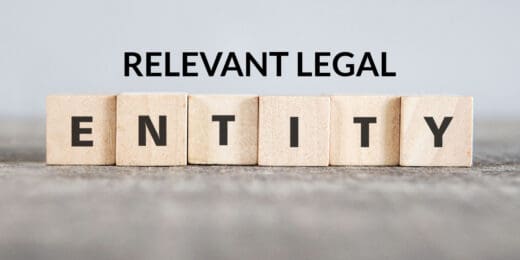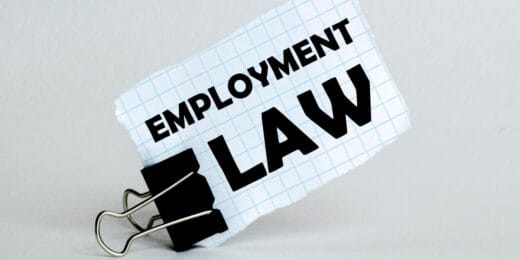A dividend is a distribution of company profits paid to eligible shareholders as a reward for their investment in shares. Limited by guarantee companies have neither shares nor shareholders, so they cannot issue or pay dividends in that sense. Only limited by shares companies can pay dividends.
Instead of shareholders, limited by guarantee companies have guarantors. Profits are not normally distributed to guarantors, but they can be—unless prohibited under the company’s the articles of association.
Key Takeaways
- Limited by guarantee companies primarily serve non-profit objectives and typically do not distribute profits to their guarantors.
- Converting a limited by guarantee company to a limited by shares company can enhance tax efficiency for for-profit ventures.
- Guarantors in limited by guarantee companies do not expect financial returns, unlike shareholders in limited by shares companies.
Distributing profits in a limited by guarantee company
Companies limited by guarantee are most often set up by charities and non-profit organisations. The people who become members (guarantors) of these companies usually do so because they believe in the organisation’s not-for-profit objectives and want to contribute toward its success. Generally, they are not looking for any kind of financial reward.
By comparison, a limited by shares company is the structure most often used by commercial businesses, whose sole intention is to generate profit for the personal benefit of their members (shareholders). That is the very nature of a for-profit business, which is why limited by shares companies issue dividends to their shareholders.
No blanket ban on profit distribution to guarantors
It’s commonplace for limited by guarantee companies to include restrictions on the use of income and profits in their articles, ensuring that all funds are used for the sole purpose of achieving their non-profit or charitable objectives. These restrictions are often, but not always, extended to include the payment of salaries and fees to company directors.
However, whilst dividends cannot be paid to guarantors, the law does not prohibit the distribution of surplus income to members by some other means of remuneration—provided that such profit participation is supported by the company’s articles of association.
Indeed, limited by guarantee companies are sometimes used by for-profit (commercial) businesses, though this is not advised. Limited by shares companies are much more tax efficient for such ventures because dividends are not liable to Income Tax and National Insurance deductions.
Different rules for charity companies
Under UK charity law, income and profits generated by a registered charity must only be spent on the objects (aims or purposes) set out in its governing document. No distributions can be made to the charity’s trustees. In the case of a limited by guarantee company with charitable status, these objects and restrictions will be stated in the articles of association, and the company’s guarantors will also be trustees of the charity.
What is the difference between shareholders and guarantors?
Shareholders and guarantors are known as ‘members’. Shareholders invest capital in a company by purchasing some of its shares, whereas guarantors provide financial guarantees to a company that is set up without share capital.
Shareholders expect to see a return on their investment. If the company makes a profit, each eligible member will receive a ‘share’ of the company’s profits in the form of dividend payments. Guarantors typically do not expect any financial reward.
Shareholders and guarantors are financially liable to the companies in which they are members, but only up to the ‘nominal’ value of their shares or guarantees. If a limited by shares company becomes insolvent, shareholders have a legal duty to contribute the nominal value of their shares toward the company’s debts. In the case of a limited by guarantee company, each guarantor is legally required to contribute the value of their guarantees.
Please note that the information provided in this article is for general informational purposes only and does not constitute legal, tax, or professional advice. While our aim is that the content is accurate and up to date, it should not be relied upon as a substitute for tailored advice from qualified professionals. We strongly recommend that you seek independent legal and tax advice specific to your circumstances before acting on any information contained in this article. We accept no responsibility or liability for any loss or damage that may result from your reliance on the information provided in this article. Use of the information contained in this article is entirely at your own risk.








Join The Discussion